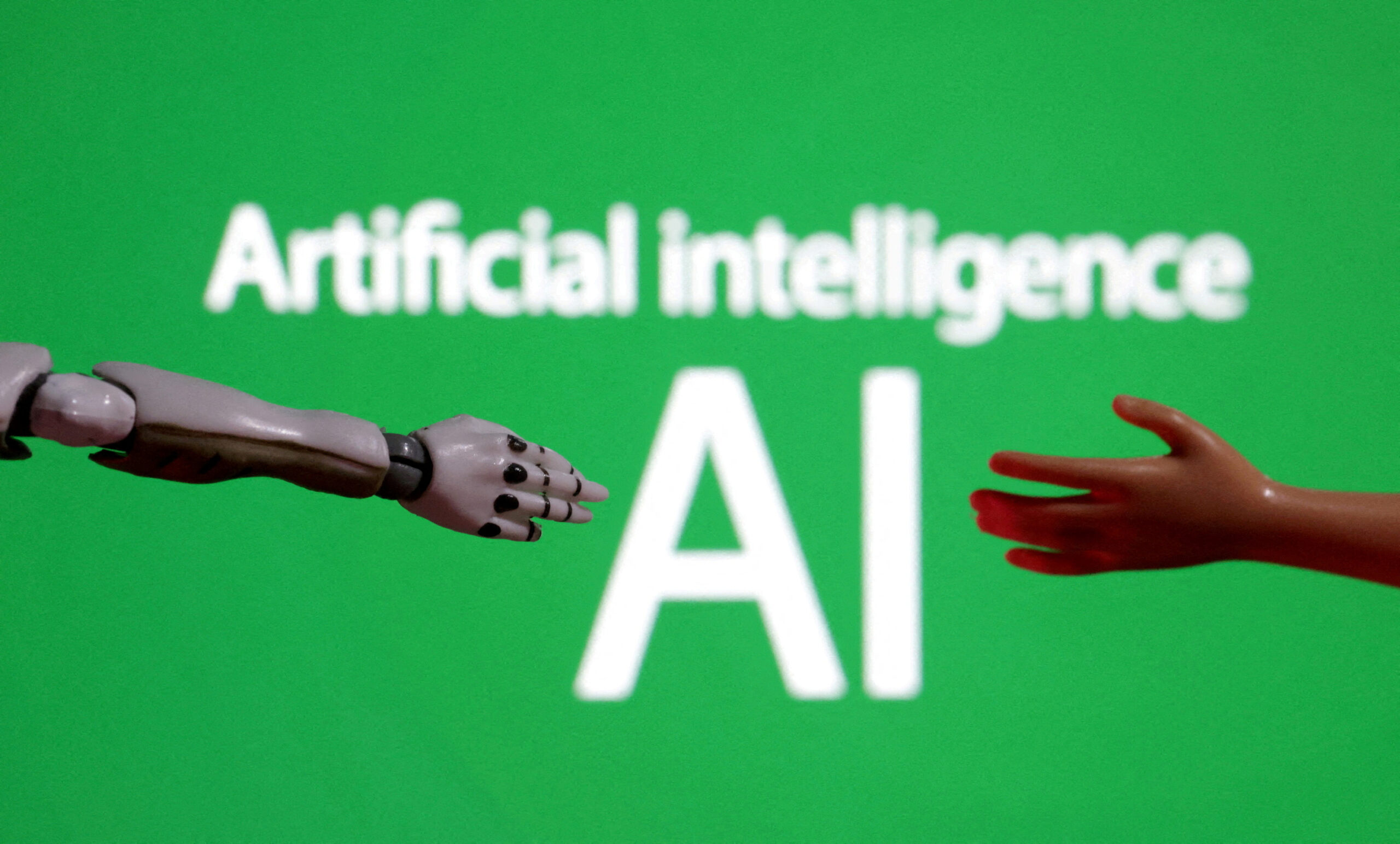Is there a secret to longevity? This health expert says 1,000% yes
In the era of social media, post-COVID, and with mental health at the forefront, a shift is taking […]

Artificial Intelligence (AI) has come a long way in imitating empathy through the application of sentiment analysis and natural language processing. But do digital tools have the ability to be genuinely empathetic, understand human emotions, and reacting properly in a compassionate way?
The facts
Empathy is not only about recognizing emotions but being able to relate to the situation and understanding the feeling of others. Empathy is usually accompanied by appropriate responses and actions.
The difference between the types of empathy; emulated empathy and true empathy is in the sincerity of the emotional response. While emulated empathy is a superficial attempt to simulate empathy without actually feeling the emotions oneself, true empathy entails genuine feelings and understanding others’ emotions.
AI is a powerful and versatile technology that can be used for various purposes, both good and bad. Depending on how AI is designed, developed, deployed and regulated, it can have positive or negative impacts on this generation and the future ones.
In actual fact, computers nor machines have feelings but most of us come into contact with artificial intelligence in one form or another. AI has swiftly assimilated into our daily lives; from the moment you wake up to check your smartphone to viewing another Netflix-recommended film.
The arguments
The human factor is vital in fostering healthy and connected relationships. However, humans have only a certain amount of availability and attention span.
Experts assert that although AI can be programmed to perform more tasks and provide a person with round-the-clock care, it cannot replace the depth and authenticity of human emotional experiences.
Artificial intelligence can now simulate sympathetic communication to some extent thanks to recent developments in sentiment analysis and natural language processing. AI is capable of processing large amounts of data fast and precisely. It can generate responses that are similar to empathy and inferring emotions. The downside is that, it is devoid of subjective experience and consciousness; two things that are necessary for true empathy in humans.
Some social media platforms like Snapchat have added a friendly chat AI called ‘My AI’. The feature which was added last year, was designed to be more conversational and not to provide stiff robotic answers. Users even could name their ‘My AI’ and discuss various topic including things that bother them. But just like any other typical machine, it failed some.
“I gave the AI tool a go. Since it was the first time, I had used something like this, it was fascinating at first. I even developed the practice of asking its opinion about personal matters. My AI, which I named Quincy, only said it was sorry I had such a range of emotions at a point. I thought I needed more than a robot after hearing that response. I needed to confide in someone who could understand how life changes with time,” Erica Mensah, a Snapchat user told Qonversations.
Psychologists have raised concerns about the over-reliance on AI saying it can be dangerous if an individual tends to be over dependent on bots. There’s no sense of genuine connection with AIs. Maintaining a sense of social connection is crucial to overall well-being. It is the cornerstone of interpersonal interactions and gives us a sense of worth, love, and support. Our mental health benefits from social connections.
On the other hand, some researchers believe that as AI technology advances, it may be possible to simulate empathy more effectively in the future by using more complex algorithms, better contextual awareness, and improved natural language processing skills.
While there are still ongoing conversations about the advancement in innovations, AI may emulate empathy by examining patterns in language and behaviour. But it is incapable of simulating the subjective experience and emotional complexity that distinguish true empathy in people. Others believe AI could be able to simulate empathy to some degree, however, it probably won’t be able to replace the real emotional connection that only humans feel.

In the era of social media, post-COVID, and with mental health at the forefront, a shift is taking […]

With its fast speeds and revolutionary potential, 5G stands out as a noteworthy milestone in the field of […]